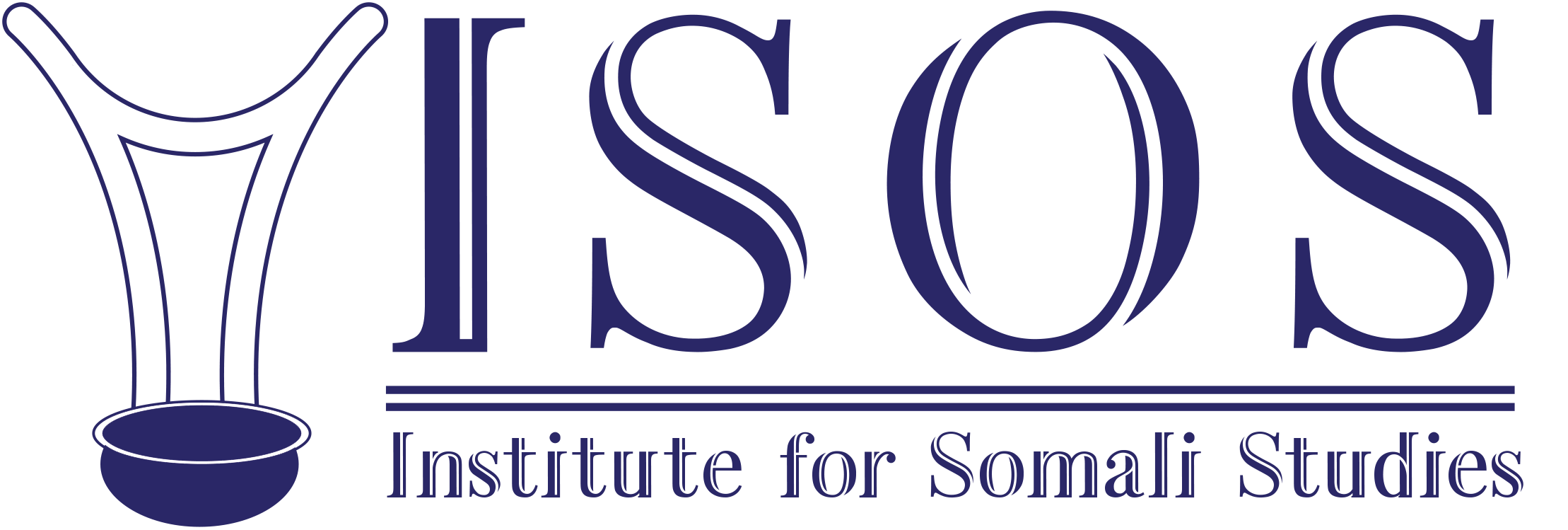Tixdan
Dameerku inkasta oo uu ka mid yahay gaadiidka iyo gammaanka Soomaalidu ku manaafacaadsato, haddana, maansooyin u dhigma faa`iidadaa lagama curin.
Tixdan “Gurayare Dameerkaygow”, ee uu tiriyay abwaan Saciid Maxamed “Xarawo”, wuxuu tilmaamayaa, kuna ammaanayaa, waxtarka dameerku leeyahay iyo dheefta lagu qabo. Tixdan kama muuqato buunbuunin iyo faan dheeraad ah, abwaanku wuxuu ku kaaftoomay inuu dameerka ku ammaano dheeftiisa iyo waxa uu yahay keliya.
Waxa uu ku ammaanay inuu yahay gaadiid ‘baladi’ ah oo aan dibadda laga soo dhoofin, kuna shaqaynin shidaal dibadda laga keeno, ee uu quuto cawska dalka ka baxa. Waxa uu sheegay in dameerku qabto hawlo kala duwan, sida inuu yahay gaadiid la fuulo, la rarto, biyo lagu dhaamiyo. Waa gaadiid la adeegsado isagoo sidiisa ‘cadaysimo’ u ah ama lagu xiriiriyo karreeto (gaari-dameer) iwm.
Abwaanku wuxuu dameerkiisa ku ammaanay in uu carruurta la koriyo, oo uu yahay isha dhaqaalaha reerka. Sidaas darteedna, uu ugu abaalgudayo ammaan faafta oo diiwaanka gasha. Saciid Xarawo waxa uu heestan kaga qaybgalay tartan suugaaneed ay qabatay Idaacadda BBC sannadkii 1990, waxayna gashay kaalinteeda.
Mogadishu University,
ISOS,

